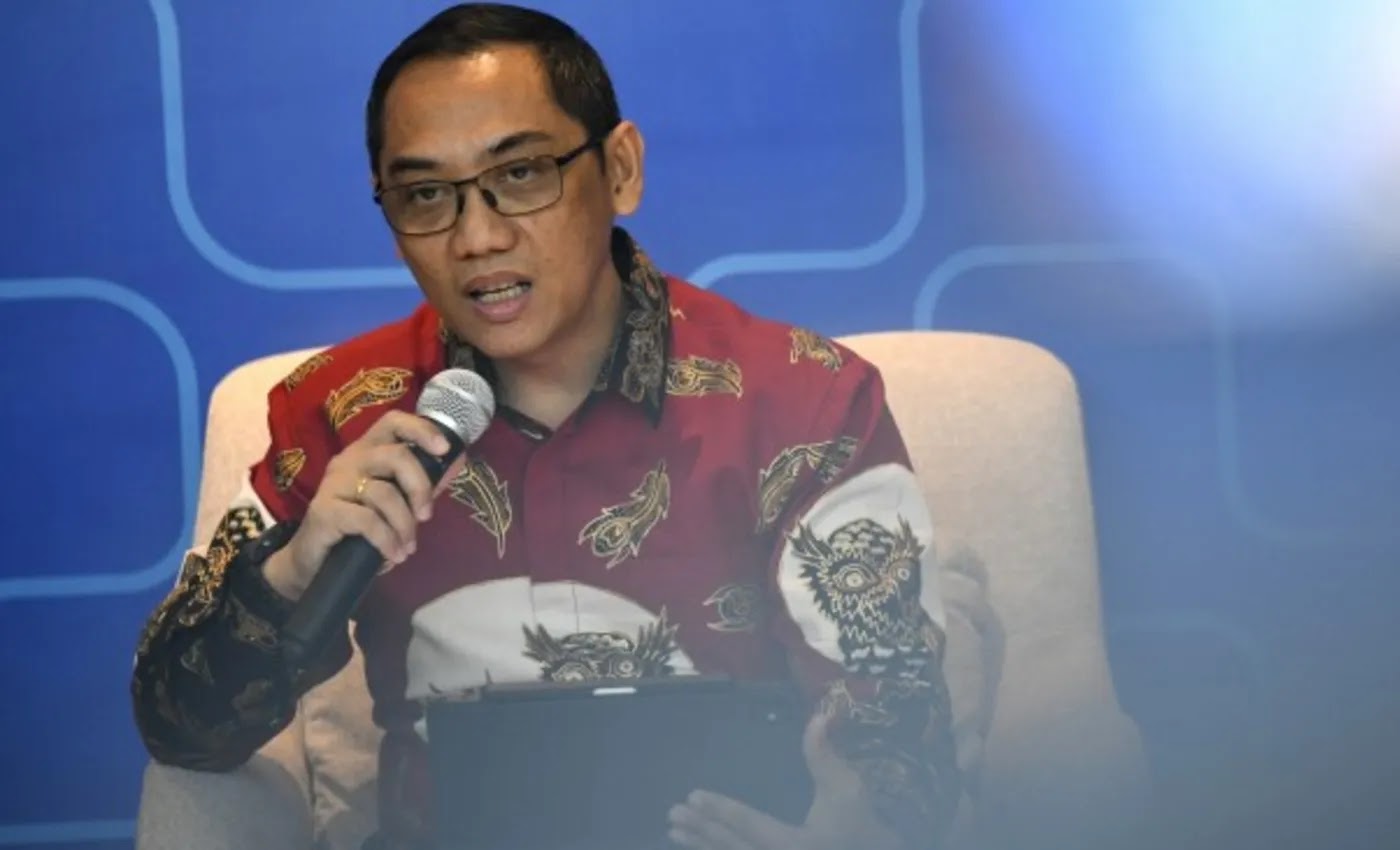The Indonesian Ministry of Communication and Informatics (Kominfo), through its digital division Komdigi, has issued a formal warning to 36 private electronic system providers (PSEs) over alleged regulatory non-compliance. This action is part of the government's broader strategy to tighten oversight of digital infrastructure, ensuring all internet-based services operating in Indonesia align with existing laws.
This move raises important questions about the role of private electronic system providers, the scope of regulations in Indonesia’s digital space, and the potential implications for local and global tech companies.
What Are Private Electronic System Providers (PSEs)?
Private Electronic System Providers (PSEs) are entities, both local and foreign, that operate digital platforms, services, or infrastructure accessible in Indonesia. This includes:
- E-commerce platforms
- Fintech and payment systems
- Cloud storage and data centers
- Online communication tools
- Digital advertising networks
Indonesia mandates that these providers register under the Electronic System Provider Registration (PSE Kominfo) framework to ensure data protection, lawful content management, and cooperation with law enforcement if needed.
The Regulatory Framework Behind Kominfo’s Warning
In 2020, the Indonesian government implemented Ministerial Regulation No. 5 of 2020, later updated by Regulation No. 10 of 2021, requiring all PSEs operating in Indonesia to register their platforms with Kominfo.
Failure to register can result in:
- Administrative warnings
- Access termination
- Fines or potential legal sanctions
The regulation applies to domestic and foreign platforms, including social media giants, search engines, streaming services, and cloud providers.
By May 2025, Kominfo found that 36 private electronic system providers failed to comply with these requirements or had submitted incomplete or inaccurate documentation. This triggered the formal warning.
Why the Crackdown Matters for Tech Firms
1. Increased Accountability for Digital Platforms
This regulatory measure enforces greater transparency and control over how digital platforms operate in Indonesia. It ensures companies are responsible for user safety, illegal content filtering, and data sovereignty.
The warning signals that even global players are not exempt and must follow local rules if they wish to operate in one of Southeast Asia’s largest digital markets.
2. Data Protection and User Rights
By registering, providers must outline:
- What data is collected
- How it is stored and shared
- How long the data is retained
- User rights for access and deletion
For Indonesian users, this provides assurance that their data will be governed under Indonesian legal jurisdiction, increasing protection from unauthorized use or transfer overseas.
3. Business Risk for Non-Compliant Companies
The companies that received warnings may face:
- Suspension or blocking of their platforms in Indonesia
- Damage to reputation and public trust
- Delays in business operations and partnerships
This is especially relevant for startups, SaaS companies, and digital services that rely on Indonesia as a major growth market.
Public and Industry Response
The warnings have triggered mixed reactions across the tech and startup ecosystems.
- Supporters argue that regulatory enforcement brings long-term trust, stability, and user security.
- Critics worry that overly strict or inconsistent implementation might discourage foreign investment or hamper innovation.
Trade groups and digital associations have urged Kominfo to ensure clear communication, grace periods, and technical assistance for affected companies, especially SMEs or foreign startups unfamiliar with Indonesian law.
Lessons for Local and Foreign Digital Businesses
For companies planning to expand or operate in Indonesia, here’s what you need to know:
a. Register Early
Don't wait until enforcement kicks in. Register your platform with Kominfo, providing all required documentation—including your data center locations, terms of use, and privacy policies.
b. Understand Local Content Rules
Indonesia requires digital platforms to comply with its standards on prohibited content, including:
- Fake news
- Pornography
- Gambling
- Hate speech
- Terrorism-related material
Non-compliance can lead to takedown orders or bans.
c. Engage With Legal and Policy Advisors
Work with local legal consultants or tech policy experts who understand PSE regulations, so you can navigate compliance smoothly.
d. Integrate Local Operations
Consider hosting user data in Indonesia or partnering with local cloud providers. This could reduce compliance risk and build stronger public trust.
The Broader Context: Southeast Asia’s Digital Sovereignty Push
Indonesia isn’t alone in tightening digital regulations. Across Southeast Asia, governments are pushing for:
- Greater data localization
- Platform accountability
- Stronger cybersecurity standards
Examples:
- Vietnam’s data localization law
- Malaysia’s Personal Data Protection Act (PDPA)
- The Philippines' push for digital taxation
This reflects a global trend where digital sovereignty, the idea that countries should control data and tech used by their citizens, is becoming a key political and economic priority.
What’s Next?
Following this warning, the 36 flagged companies have a set period (usually 5–14 business days) to respond. They must either:
- Complete registration
- Clarify inaccuracies
- Face potential blocks or sanctions
Kominfo has stated it will escalate enforcement if providers fail to comply. Meanwhile, industry observers expect more public disclosures as the government seeks to make an example of non-compliant platforms.
Conclusion
Indonesia’s decision to issue warnings to 36 private electronic system providers marks a pivotal moment in the country’s digital regulation journey. It signals a strong commitment to enforce existing rules while also highlighting the evolving complexity of tech governance in a rapidly digitizing world.
For businesses, local or global, this is a reminder that operating in Indonesia’s digital space requires more than just growth ambition. It requires regulatory awareness, responsible data management, and long-term local engagement.
As more nations move toward digital sovereignty, understanding and respecting local compliance frameworks will not just be a regulatory requirement, but a competitive advantage.
Read More






 Saturday, 31-01-26
Saturday, 31-01-26







